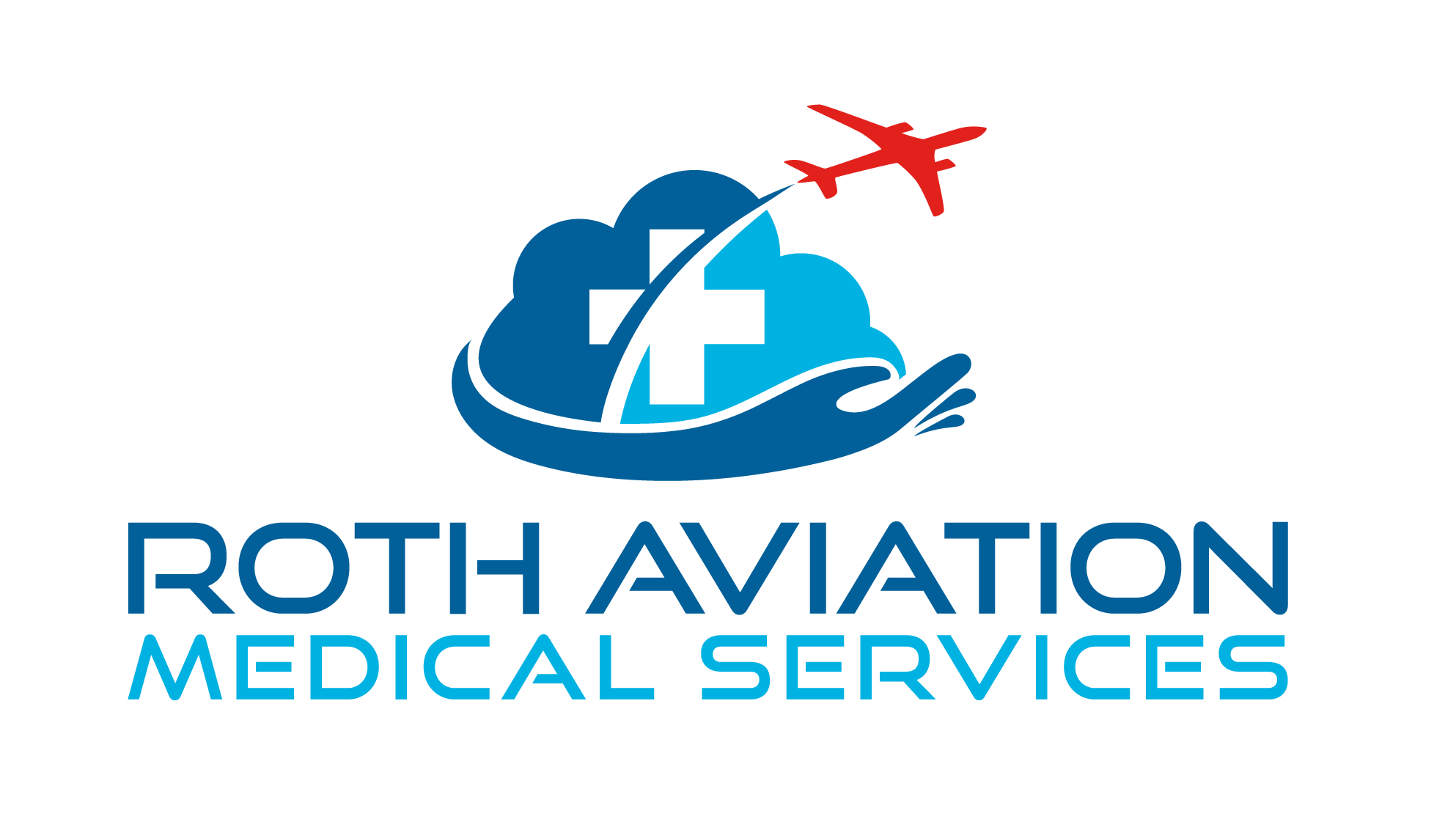FAA Medical Application 8500-8 Form Because providing a false response, whether innocently or intentionally, to…

Common Conditions Impacting Your Aviation Medical Certification
In recent months we have found some common aeromedical significant conditions impacting one’s medical certification application to the Medical Certification Branch of the FAA in Oklahoma City (OKC).
Below are a few critical components to review: ADHD concerns, PTSD and Alcohol Reporting in an applicant’s history detailed on “Block 18” of the required FAA Medical Express applications for all pilots seeking a 1st thru 3rd class certificate.
Attention Deficit/Hyperactivity Disorder
Attention Deficit/Hyperactivity Disorder (ADHD, also known as attention deficit disorder (ADD)) is a chronic disorder. Commonly diagnosed in childhood, it can persist into adulthood.
ADHD is also diagnosed in adulthood. Accordingly, the FAA requires a detailed evaluation of an applicant for medical certification.
Individuals with ADHD are also at risk for other mental health diagnoses, substance abuse, and relationship problems. (ref: M. Hattrop, M.D 2020 Av. Safety) Traffic violations are more common, raising concerns about risky behavior. A recent review of NTSB data linked nine fatal mishaps to ADHD or ADD. The diagnosis of ADHD requires a comprehensive evaluation by a licensed clinician who gathers information from those who know the individual, including family members, co-workers, and teachers. For an adolescent or adult to receive a diagnosis of ADHD, the symptoms need to have been present before age 12. Unfortunately, overdiagnosis is not unusual.
Treatments include medication, psychotherapy, education or training, or a combination of these. Medications used for ADHD can have side effects that are not compatible with flight safety; therefore, the FAA cannot authorize their use. The FAA will consider other treatment modalities on a case-by-case basis.
The FAA has recently simplified its protocols for evaluation of the diagnosis of ADHD, either current or historical. Airmen with a history of ADHD/ADD get a screening battery. Also, individuals who have taken stimulant medications for other reasons (e.g., fatigue) must be screened even without a diagnosis of ADHD/ADD. These medications include amphetamine, methamphetamine, and methylphenidate (not a true stimulant). The FAA no longer requires a full neuropsychological testing battery unless the screening battery is abnormal
The applicant must be off all medications used to treat ADHD for a minimum of 90 days. Medical records are reviewed and, if possible, observations are made by those who know the individual in a variety of environments. School transcripts (on and off medications, if ever taken), performance reports, etc., are also reviewed. The applicant must complete a series of neurocognitive tests, some of which have been normed for the pilot population. This help assess the applicant’s cognitive ability off medications. Fortunately, we are able to qualify many applicants for medical certification. In fact, in many cases, the evaluator determines that the individual actually never had ADHD/ADD.
As your FAA Aviation Medical Examiner (AME) with a focused consultative approach to this issue most applicants are navigated to a successful outcome of medical certification eligibility.
Alcohol DUI/DWI Reporting
There are two separate reporting requirements after any drug or alcohol offense.
Complying with one does not satisfy the requirement of reporting to the other FAA department.
1st: You must report within 60 calendar days of any drug and/or alcohol-related conviction or “administrative action” such as a cancellation, revocation, or suspension of one’s driver’s license to the FAA under Part 61.15(e). If you do not report such occurrences within 60 calendar days, you risk a suspension of your pilot’s license and airman’s medical certificate.
Each person holding a certificate issued under this part shall provide a written report of each motor vehicle action to the FAA, Civil Aviation Security Division (AMC-700), P.O. Box 25810, Oklahoma City, OK 73125, not later than 60 days after the motor vehicle action.
The report must include:
(1) The person’s name, address, date of birth, and airman certificate number.
(2) The type of violation that resulted in the conviction or the administrative action.
(3) The date of the conviction or administrative action.
(4) The State that holds the record of conviction or administrative action; and
(5) A statement of whether the motor vehicle action resulted from the same incident or arose out of the same factual circumstances related to a previously reported motor vehicle action.
2nd: You must also report the incident at your next FAA medical exam:
You are now required to report arrests, convictions, and administrative actions by checking “yes” on line 18.v of FAA Form 8500-8. Note: an “administrative action” could be a driver’s license revocation, cancellation, suspension, alcohol class requirements or community service for example). Also, include alcohol-related offenses that were reduced to a lower offense, such as careless driving, and anything that even was expunged by the courts
Post-Traumatic Stress Disorder (PTSD)
In October 2021 the FAA has recently updated its AME disposition to assist applicants that have help with a diagnosis of PTSD yet still can fit into a cohort of clients that do not need a deferral of their application and your AME can issue your certificate on the day of the exam.
In most circumstances, this also alleviates the client from extensive and at times expensive outside mental health evaluations.
Below are the current PTSD initial algorithm questions that will be addressed at one’s AME exam.
Post-Traumatic Stress Disorder (PTSD) Decision Tool for the FAA AME (Updated 10/14/2021)
- Is there any additional mental health diagnosis other than PTSD? (Including but not limited to depression, anxiety, ADHD, and substance disorder.)
- Is there any history of suicidal (or homicidal) ideation or attempt(s) ever in the individual’s life?
- Have there been any symptoms of PTSD (such as: re-living, avoidance, or increased arousal) within the past two (2) years?
- Has the individual taken medication or undergone psychotherapy for PTSD in the past two (2) years?
- Is there any history of the individual being limited by PTSD in performing the functions of any job (aviation related or not)?
- Are there any elements of the history (such as the nature of the triggers, and social dysfunction) that cause you to question whether the PTSD is in full remission or is of aeromedical concern?
- Do you have ANY concerns regarding this airman or are unable to obtain a complete history?
With a focused consultative approach, Roth Aviation Medical Services can help navigate most applicants to a successful outcome of medical certification eligibility. Request a consultation to get started.


